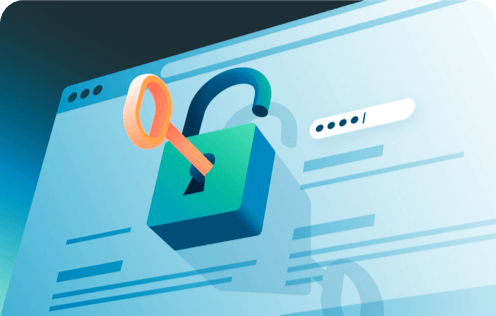
Why Residential Proxies Are a Game-Changer for E-commerce
If you're running an e-commerce business, you know how crucial it is to stay ahead of the competition. One tool that can give you a significant edge is residential proxies. Unlike datacenter proxies, residential proxies use real IP addresses from actual devices, making them less likely to be flagged or blocked by websites. This is especially important for tasks like price scraping, ad verification, and sneaker copping.
I remember the first time I tried using datacenter proxies for scraping product prices. Within minutes, my IP was blocked, and I had to start all over again. That's when I realized the importance of residential proxies. They mimic real user behavior, reducing the risk of detection and bans.
How to Choose the Best Residential Proxies
Not all residential proxies are created equal. Here are five key factors to consider when buying residential proxies for your e-commerce needs:
- ? Geo-Targeting: Ensure the provider offers proxies in the locations you need. For example, if you're targeting the US market, you'll want US-based IPs.
- ⚡ Speed: Slow proxies can bottleneck your operations. Look for providers that guarantee high-speed connections.
- ? Rotation: Rotating IPs can help avoid detection. Check if the provider offers automatic rotation.
- ? Reliability: Downtime can cost you. Choose a provider with a high uptime guarantee.
- ? Pricing: Compare costs but don't sacrifice quality for price. Cheap proxies often come with hidden drawbacks.
According to a recent industry report, e-commerce businesses using premium residential proxies saw a 40% increase in successful data scraping compared to those using datacenter proxies.
Real-World Applications of Residential Proxies in E-commerce
Residential proxies can be used in various e-commerce scenarios. Here are a few examples:
- Price Monitoring: Track competitors' prices in real-time without getting blocked.
- Ad Verification: Ensure your ads are displayed correctly and not being fraudulently clicked.
- Inventory Management: Monitor stock levels across different regions.
One of my clients, a mid-sized e-commerce store, used residential proxies to scrape prices from competitors. Within three months, they optimized their pricing strategy and saw a 25% increase in sales.
Comparing Top Residential Proxy Providers
| Provider | Geo Coverage | Speed | Price |
|---|---|---|---|
| AProxy | Global | High | $$$ |
| Provider B | Limited | Medium | $$ |
| Provider C | Global | Low | $ |
Key Takeaways
- Residential proxies are essential for e-commerce businesses to avoid detection and bans.
- Choose proxies based on geo-targeting, speed, rotation, reliability, and pricing.
- Real-world applications include price monitoring, ad verification, and inventory management.
FAQ
Q: How do residential proxies differ from datacenter proxies?
A: Residential proxies use real IP addresses from actual devices, making them less likely to be blocked compared to datacenter proxies, which use server IPs.
Q: Can I use residential proxies for sneaker copping?
A: Absolutely! Residential proxies are ideal for sneaker copping as they mimic real user behavior, reducing the risk of bans.
